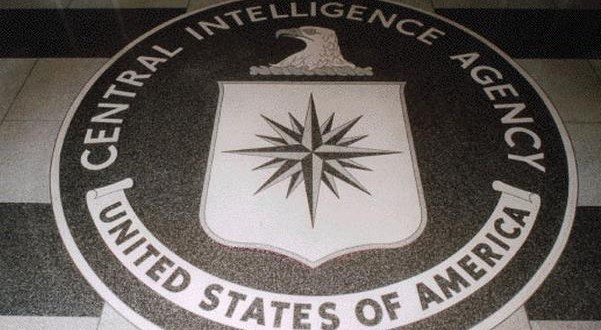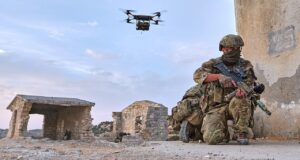by Simon Schofield – Senior Fellow
11th September 2013. Security and Defence, Issue 3, No. 4.
Foreword
On this, the twelfth anniversary of the 9/11 attacks on New York’s World Trade Centre, the wounds are still fresh and raw in much of the West. Images of men and women diving to their deaths, rather than be crushed and of emergency personnel dying to save those inside the towers still haunt almost aspect of Western politics.
The attacks, as is so often quoted ‘changed everything’. They triggered large scale reform in the intelligence world, the defence apparatuses, the international political system, everything.
What follows is an analysis of what went wrong within the above to allow 9/11 to happen. Whilst many engage is harsh criticism of all involved, this essay argues that the structures themselves were a large part of the problem. As Philip Zimbardo notes in his book on evil The Lucifer Effect, it is not so much a problem of a bad apple, or a bad barrel of apples. The problems that led to the failure of the West to prevent 9/11 were largely down to bad barrel makers, who had constructed systems which were not up to the challenge posed by a sophisticated organisation like al Qaeda with a well-planned and effectively hidden plot as happen on 9/11.
The Bush administration did take some lessons from 9/11 and some issues have been addressed, but largely, to quote a former CIA official, the US government has treated the 9/11 Commission recommendations like a ‘flaming bag of dog poop’. I believe that there are still deep structural problems in the Western intelligence, defence and political apparatus, which will leave us vulnerable in future to similar attacks. This paper hopes to raise some of these issues to stimulate debate, increase awareness and possibly to save lives of innocent civilians in future. As such I think it is a good and fitting way to honour the memories of the poor employees, innocent passengers and brave emergency personnel who lost their lives.
Introduction
National security analyst Desmond Ball described the catastrophic attacks on the Pentagon and the World Trade Center on September 11th 2001 as “the worst intelligence failure by the US intelligence community since Pearl Harbour…a failure at all phases of the intelligence cycle, from the setting of priorities and tasks, through the gamut of collection activities, to the analytical, assessment and dissemination processes which should have provided some warning of the event[1]. ” Additionally, the 9/11 Commission Report has an entire chapter entitled “[t]he system was blinking red[2] ”. This paper argues that the structural organisation, insular procedures and institutional inertia rendered this strategic surprise ineluctable. This will be done by examining what al Qaeda did to avoid detection and by demonstrating how structural contradictions prevented the 9/11 plot being uncovered at every stage of the intelligence cycle.
The answer depends on what actions, if any, could have effectively prevented the attacks and the extent to which each is realistically implementable. Clearly, if the American intelligence budget was increased by an arbitrary amount, an intelligence operative was directly inside Mohammed-Atta’s terrorist cell, or air marshals had been introduced prior, 9/11 would have been eminently preventable. However, such hypothetical conjecture does not do the question the justice of a proper investigation, relying, instead either on prescience on the part of the intelligence community or the government, or mere hyperbole.
 Human Security Centre Human Rights and International Security Research
Human Security Centre Human Rights and International Security Research




